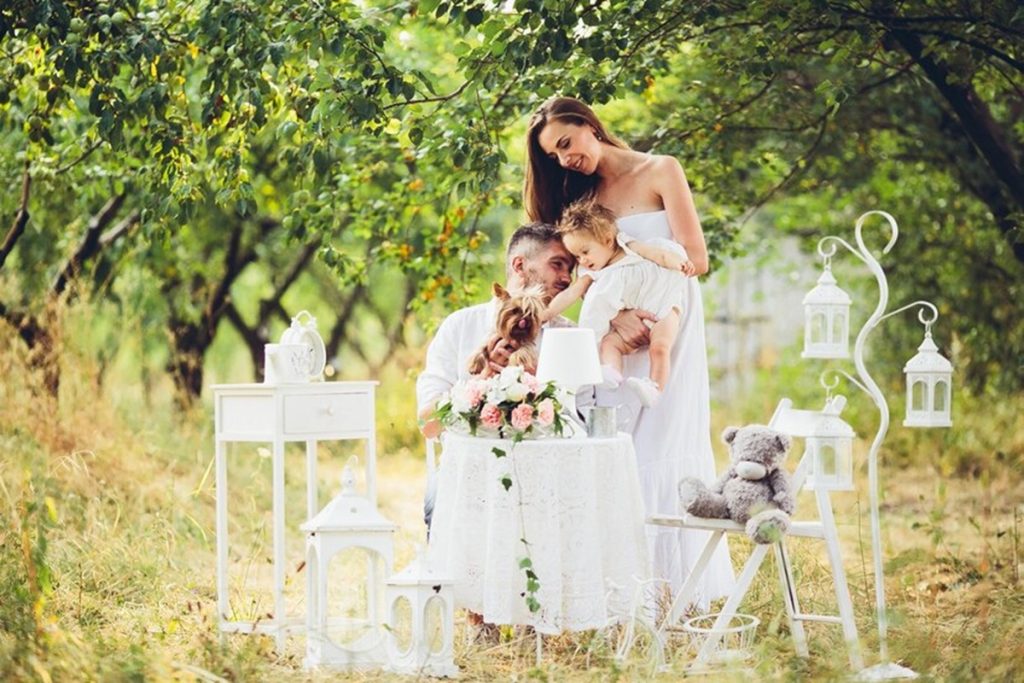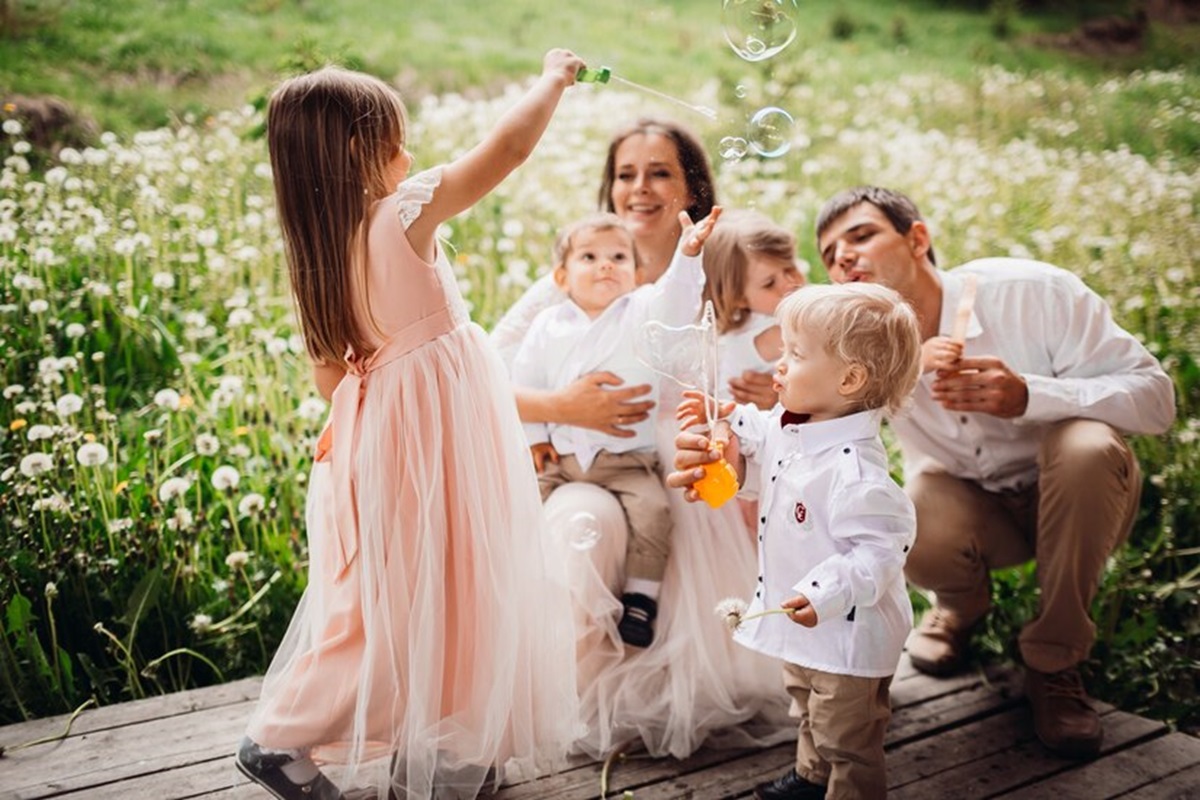Weddings are momentous occasions, full of love, joy, and the celebration of two lives becoming one. However, one question that often arises during the planning process is whether or not to include children at the event. This decision can be a delicate balancing act, weighing factors such as personal preferences, family dynamics, and practical considerations. According to a study conducted by Unchained at Last, an estimated 297,033 children were married in the U.S. between 2000 and 2018, highlighting the prevalence of this practice. Let’s delve into the pros and cons of including kids at weddings to help you make an informed choice.
The Case for Including Children
Family Unity and Inclusivity
For many couples, a wedding is not just a union between two individuals but also a merging of families. Including children can foster a sense of unity and inclusivity, creating lasting memories for everyone involved. Kids add an extra layer of joy and energy, making the day even more special.
Sentimental Value
Having children present, especially those related to the couple, holds immense sentimental value. From nieces and nephews to grandchildren, their presence can create cherished moments that will be etched in the family’s history forever. Imagine the adorable pictures of flower girls and ring bearers that will become treasured keepsakes.
Cultural Traditions
In certain cultures, children play an integral role in wedding ceremonies and traditions. For example, in Indian weddings, the presence of children is considered auspicious, symbolizing fertility and new beginnings. Excluding them could be seen as disrespectful to long-standing customs.
Read Also: How to avoid wedding stress
The Case for Excluding Children
Adult-Oriented Affair
Some couples envision their wedding as an adult-oriented affair, where grown-ups can let loose and celebrate without worrying about disruptions or age-appropriate activities. This can be especially true for evening receptions or events with a more formal or sophisticated ambiance.
Cost Considerations
Including children can significantly increase the overall cost of a wedding. From extra meals and seating arrangements to potential childcare expenses, these costs can add up quickly. Couples on a tight budget may need to prioritize their spending accordingly.
Potential Distractions
While children can undoubtedly bring joy and energy to a wedding, they can also be a source of distraction or disruption. Tantrums, restlessness, or accidental mishaps can detract from the solemnity of the ceremony or the flow of the reception. This concern is particularly relevant for couples seeking a quieter, more formal affair.
Finding the Right Balance
Ultimately, the decision to include or exclude children at a wedding is a personal one, and there is no universal right or wrong answer. Here are some strategies to help strike the right balance:
Age Limits
Consider setting an age limit for invited children. For instance, you could allow only immediate family members’ children under a certain age or exclude very young infants who may require constant attention.
Designated Kids’ Area
If you decide to include children, consider creating a designated kids’ area or hiring professional childcare services. This can provide a fun and safe space for children while allowing adults to enjoy the festivities without constant supervision.
Adult-Only Portions
You could also consider having an adult-only ceremony or reception portion, allowing kids to attend the earlier parts of the day and depart before the more lively evening celebrations.
Clear Communication
Regardless of your decision, communicate your preferences clearly and early to your guests. This will help manage expectations and avoid any misunderstandings or hurt feelings.
Cultural and Family Dynamics
Consider your cultural traditions and family dynamics. If children play a significant role in your customs or if excluding them would offend certain family members, it may be wise to include them in some capacity.
Conclusion
The decision to include or exclude children at a wedding is a deeply personal one, influenced by various factors such as personal preferences, cultural traditions, family dynamics, and practical considerations. Ultimately, the key is to find a balance that aligns with your vision for the day while respecting the needs and desires of your loved ones. Whether you choose to embrace the joy and energy of little ones or opt for an adult-only celebration, open communication, careful planning, and a willingness to compromise can help ensure a memorable and enjoyable experience for all.


